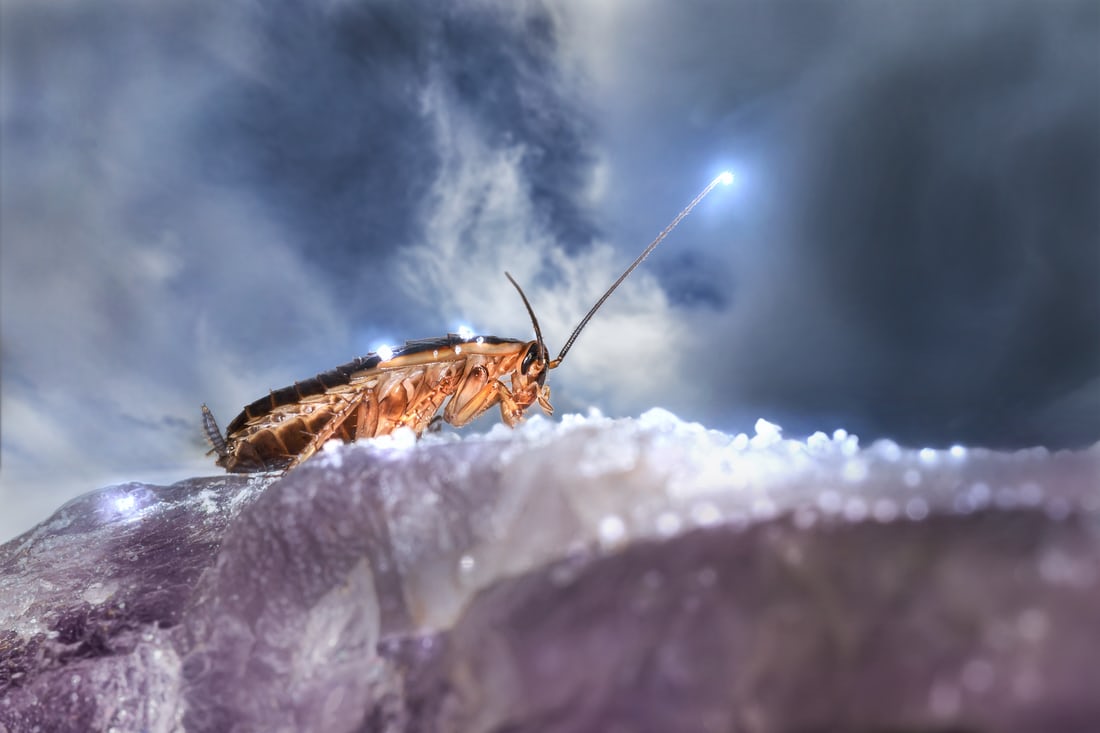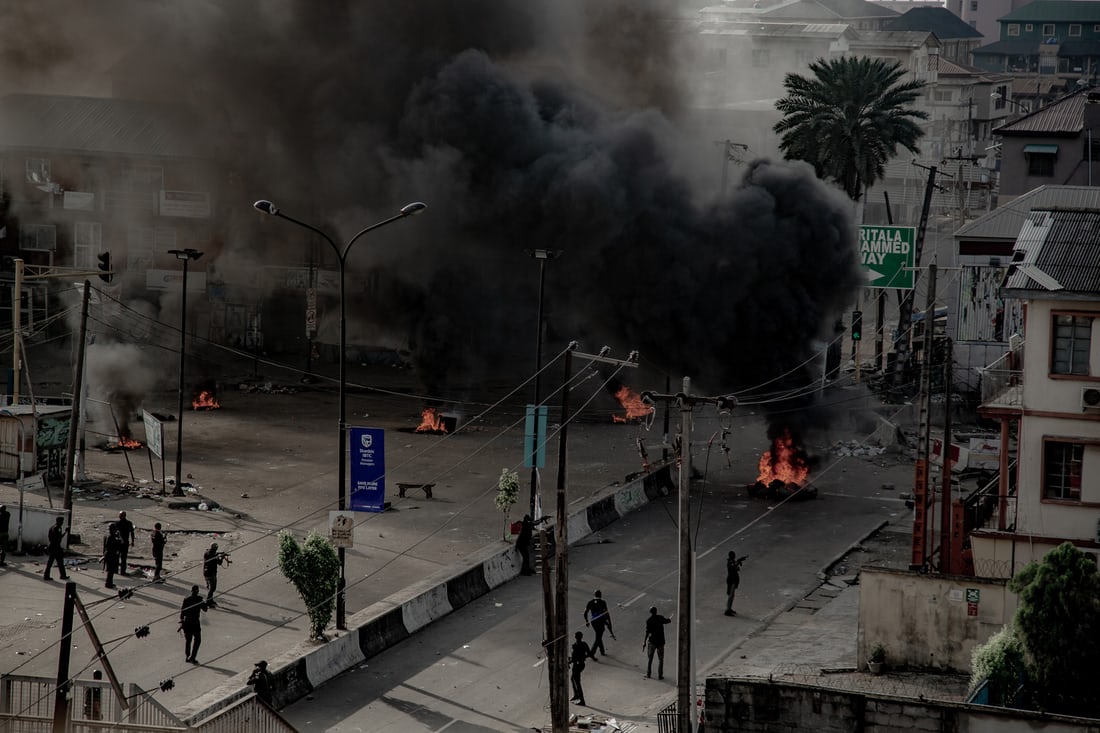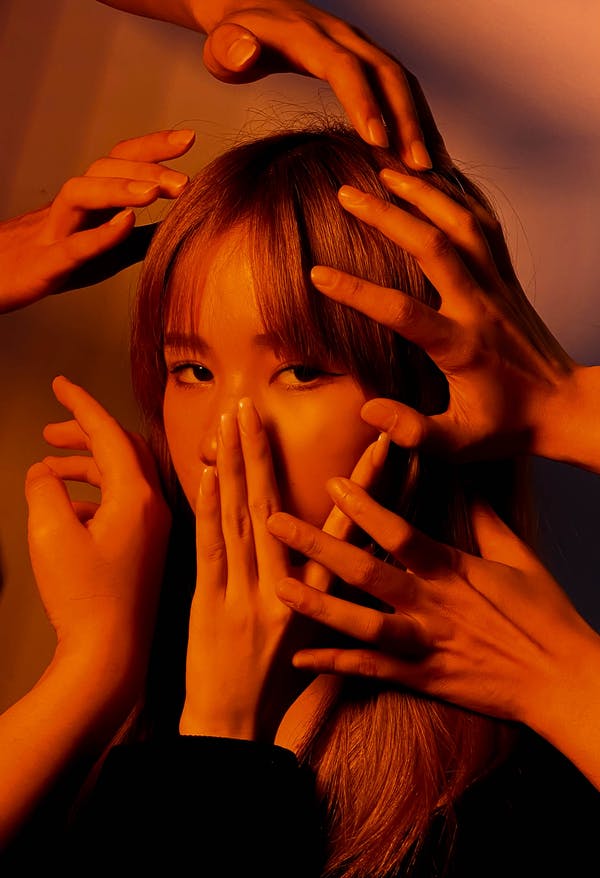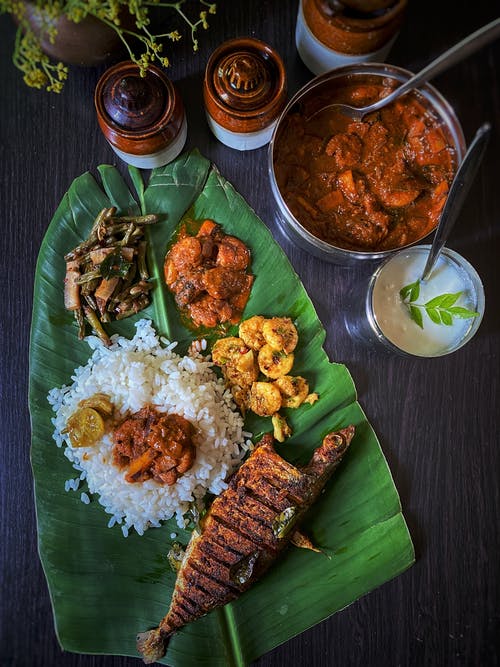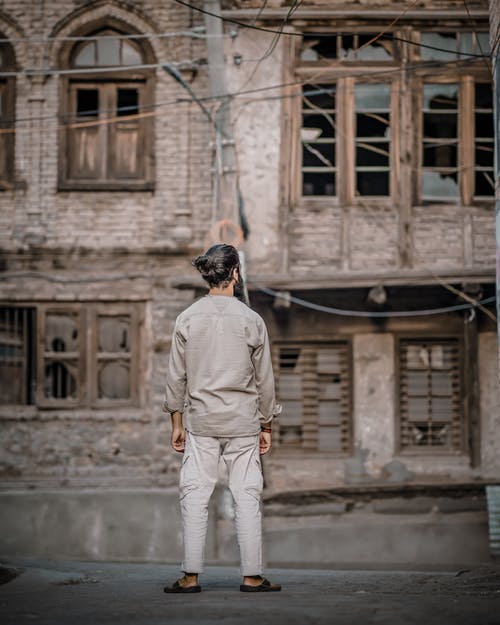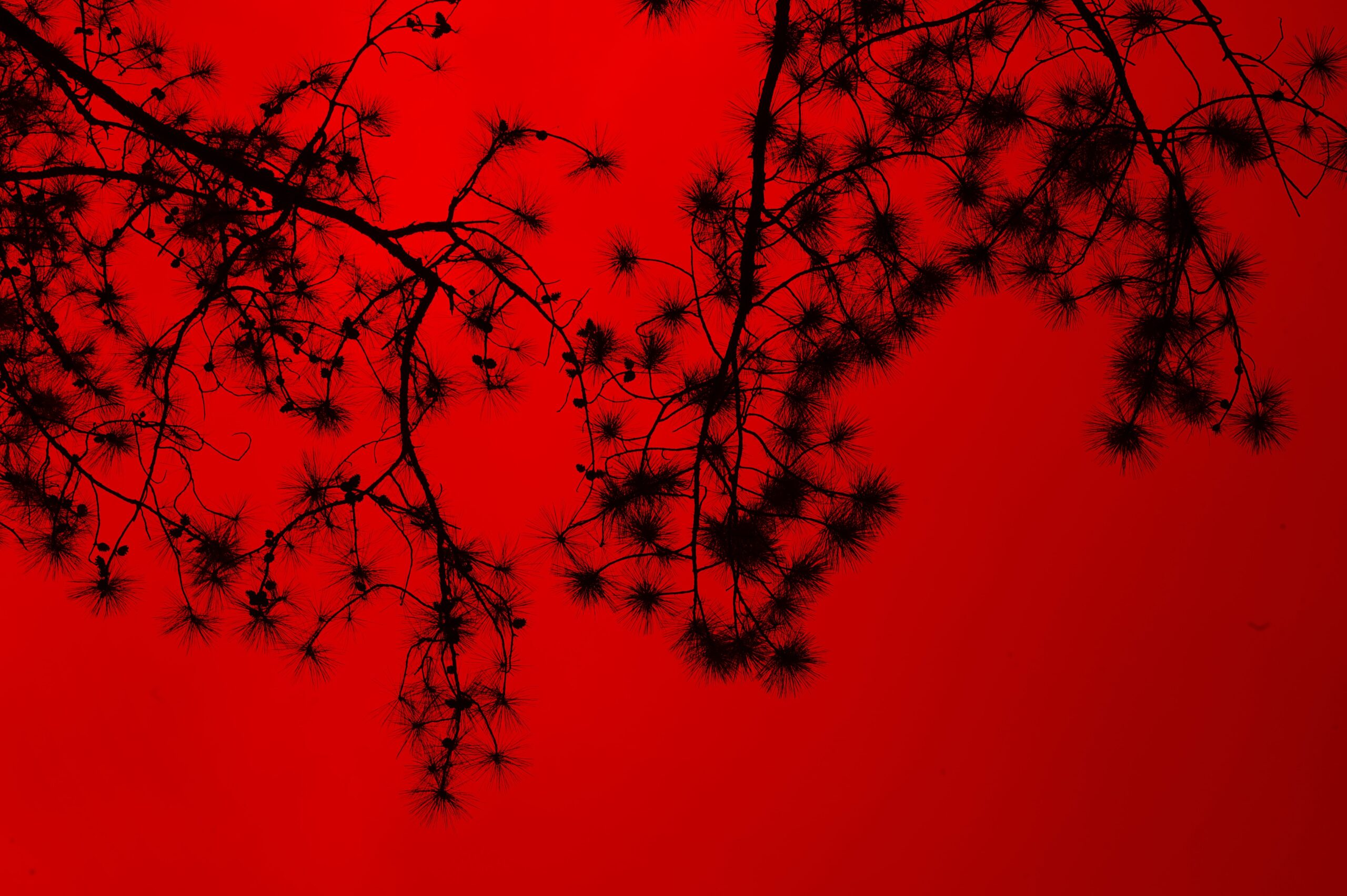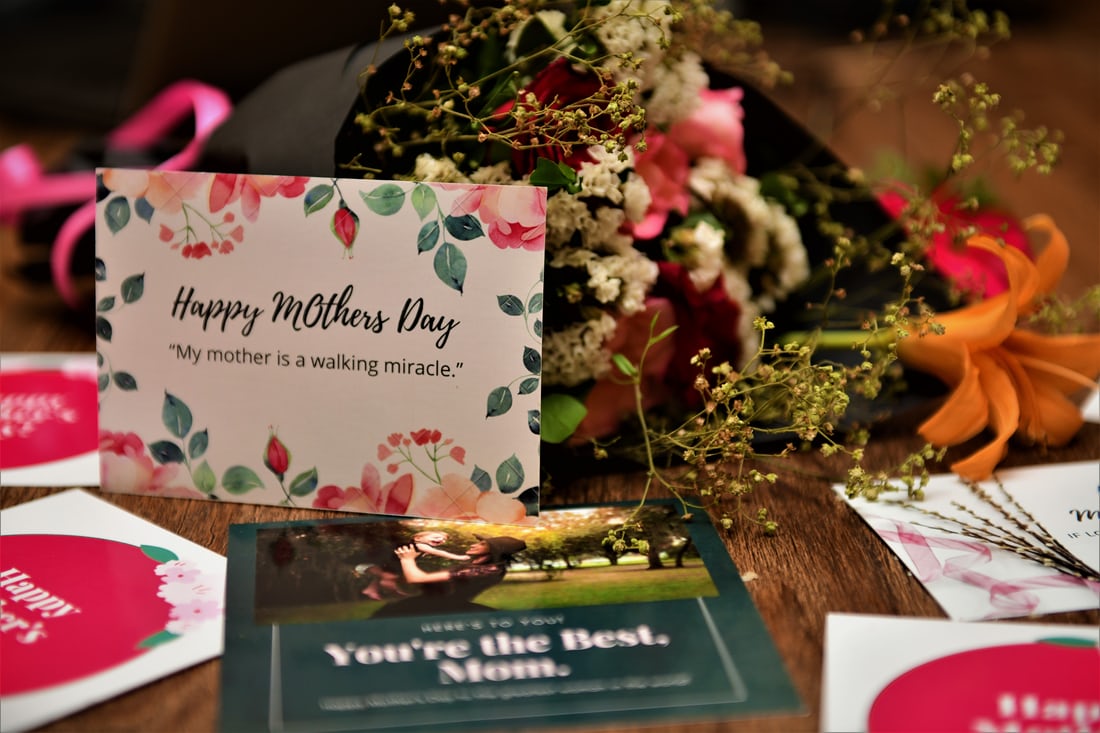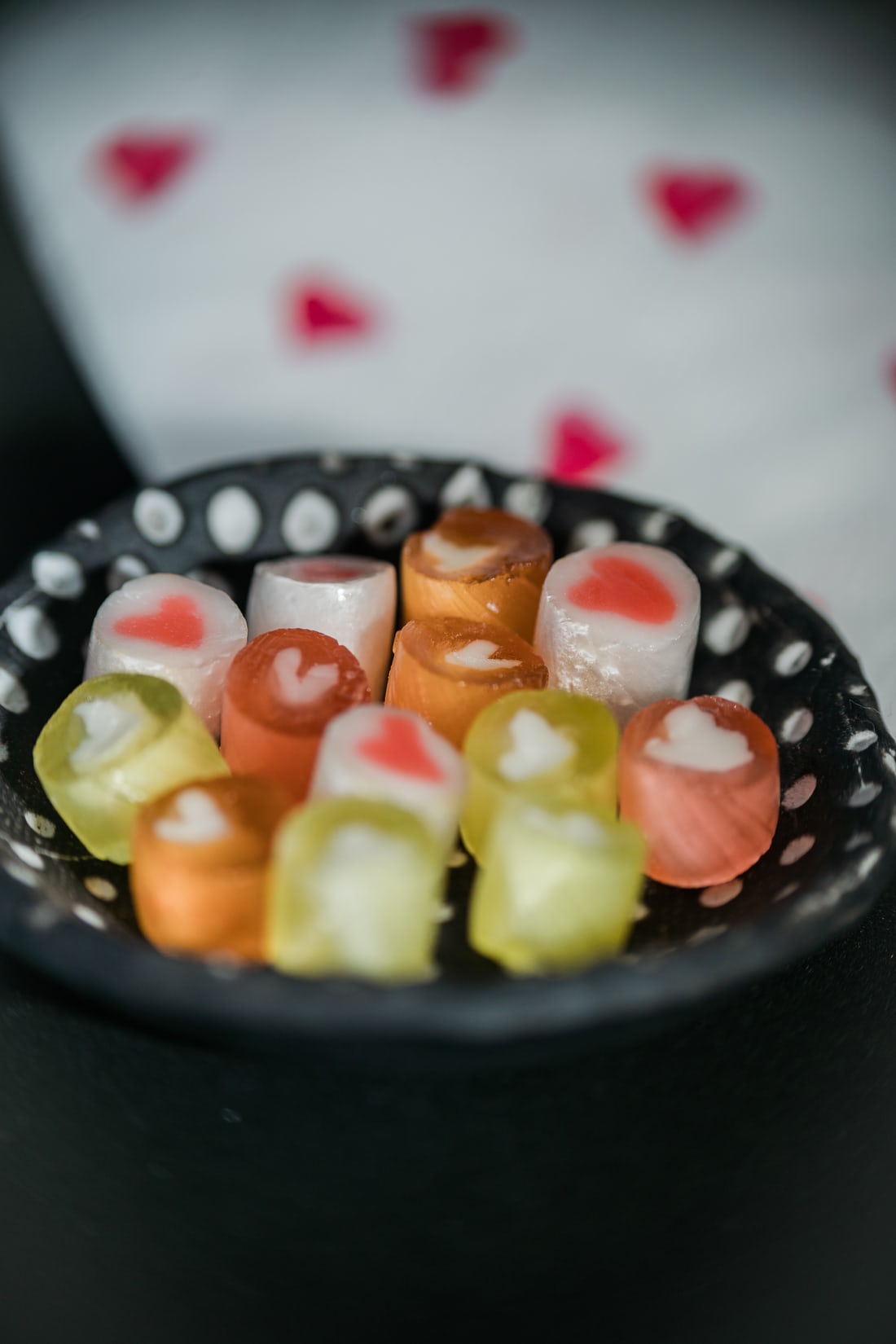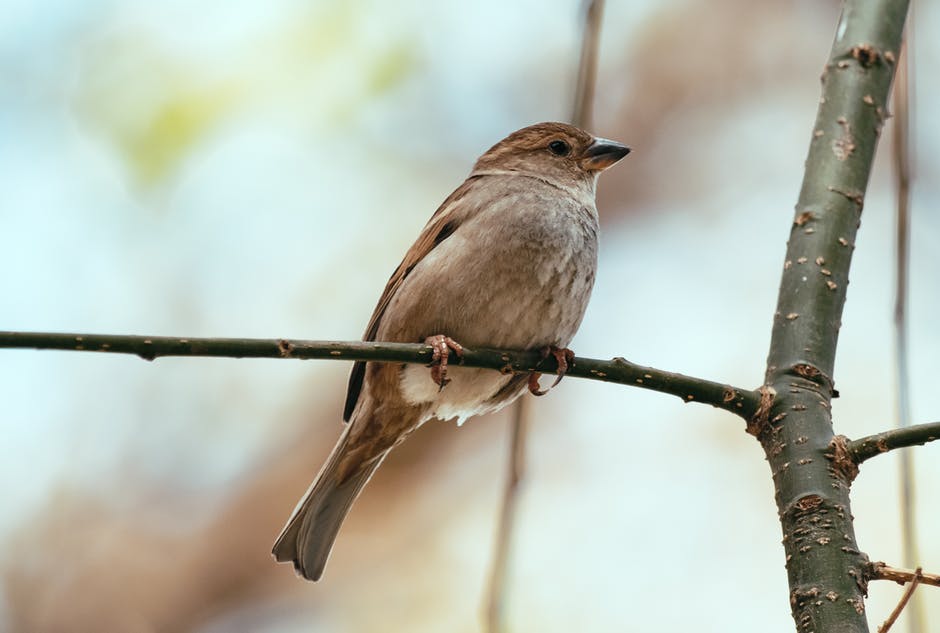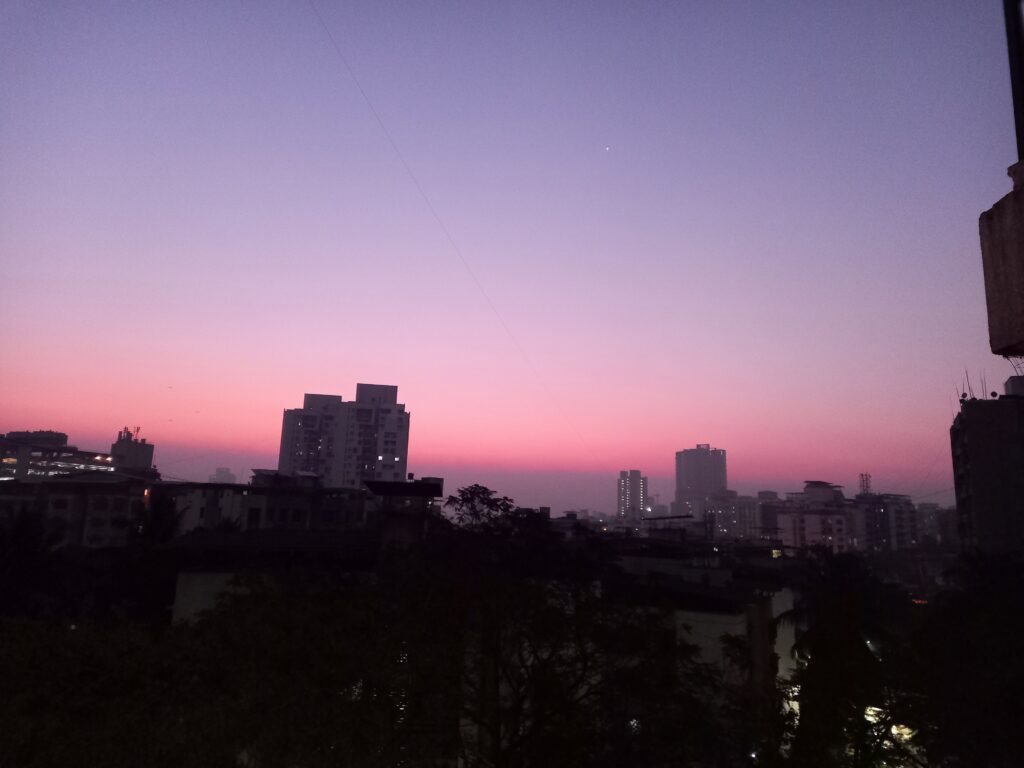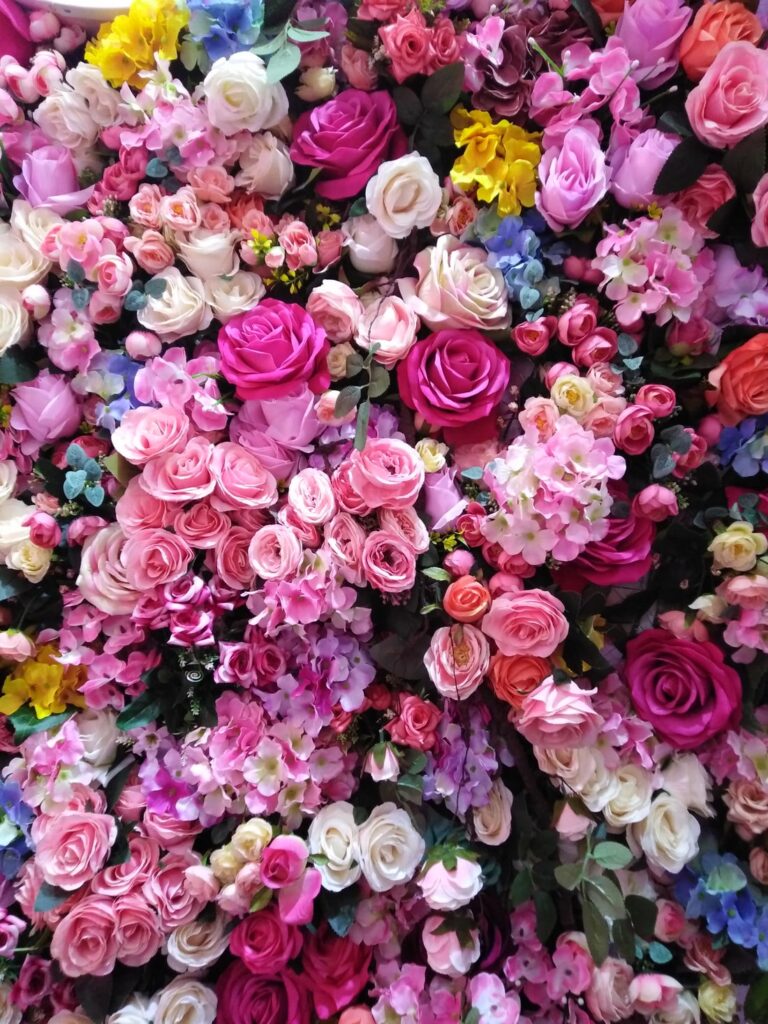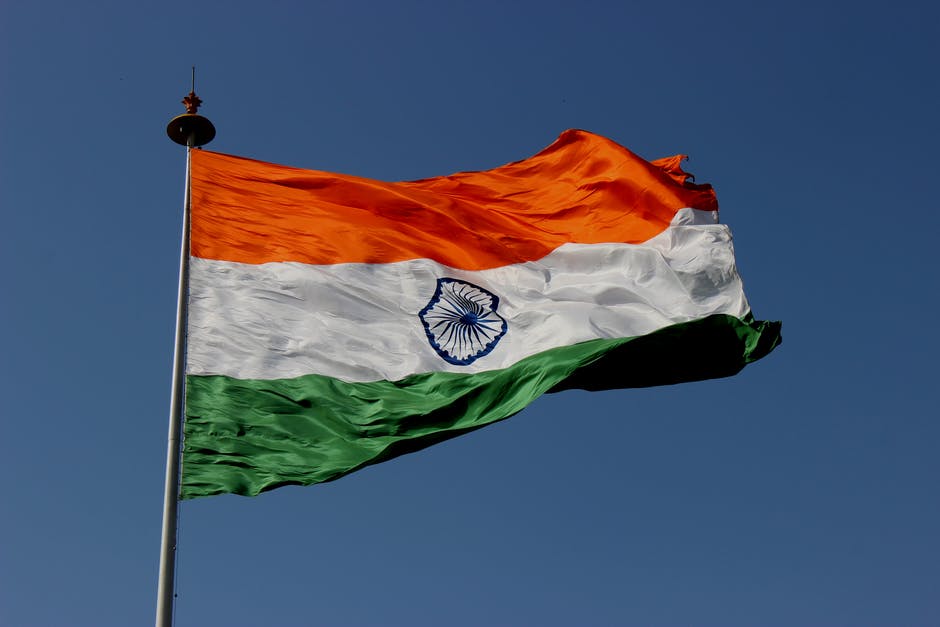
As the convocation drew to a close, the candidates and their families began to make their way to the bucolic garden situated right next to the ceremonial hall, where tea and light refreshments had been laid out. Small throngs began to form, with much congratulating as light- hearted banter took the place of the rather staid speeches, which had marked the joyous though somewhat solemn occasion.
For many, it was a dream come true. The air was filled with a sense of accomplishment. Successfully completing a college degree was a redoubtable achievement. With many candidates from underprivileged backgrounds, it did not matter whether they had graduated, cleared post-graduation or surmounted the pinnacle, with a doctorate. With subjects ranging from medicine to mathematics and law to literature all under one roof, the babble of voices too was suitably diverse. The subtle gaiety in the air was perfectly reflected in the mellow winter evening, brightened by a low hanging crescent moon and soothed by the verdant surroundings which made it easy to forget that the university was situated in the very heart of a city and not in some sylvan haven.
Several people were looking forward to a change for the better in their circumstances. A degree meant newer, better paid jobs, a leg up in the world. It marked the end of an era and the ringing in of the new. A bird’s eye view of the university campus showed hope running rampant on careless feet that evening in these hallowed halls, normally known for their decorum.
*
Ira hurried home from the supermarket, a spring in her step. Anil had promised to come home early today. The past week had been absolutely frenetic for him, what with the officials from the head-office visiting, coupled with the looming deadline for an important corporate banking project. Life as senior analyst in Deutsche Bank was no walk in the park, but Anil seemed to thrive on it. The tighter the deadline, the bigger the project, the happier he was. A smile tugged at the corner of Ira’s mouth as she imagined him in the trademark crisp striped Van Heusen which she had got him as an anniversary gift knowing his partiality for the brand, a slight frown creasing his broad brow as he looked at something on his mobile.
Come to think of it, he had been far too busy of late. However, Ira usually enjoyed their quiet dinners together, paying scant heed to the late hour, reveling in the few precious moments of time when he was hers, all hers. With a pang she realized, that he no longer partook of the dinners with the same enthusiasm that he had earlier. The compliments, which had always been few and far between, seemed to have dried up completely of late. But she never let it show. The little time of his day that she could share meant too much to her, to be wasted on bickering and squabbling.
For a dreamer like her, his doctorate in statistics from the ISI (Indian Statistical Institute) seemed like the epitome of intelligence. She, who had neatly fitted the bill of ‘homely but educated’, as the matrimonial ad had specified. She had been overwhelmed when he had chosen her over ‘several other suitable girls who had been falling over themselves to marry my Anil’, if her mother-in-law Radha Ji, was to be believed. Though married to him only for a couple of years, he had become the center of her small world. No task was too onerous, no errand too difficult, no favor too large, if it meant a smile from him.
She honestly believed that her only purpose in life was to fit seamlessly into her new family, and gain their acceptance even if it meant bending backward to the point of breaking. And so, she did it all with a smile on her face, the endless chores of cooking, cleaning, shopping, organizing, driving. You name it, and ‘all-rounder Ira’ was there doing it, without a second thought. Her parents-in-law had already transformed into travelers, gallivanting on holidays leaving the home in her capable hands. A firm believer in the ‘a way to a man’s heart is through his stomach’, she tried her hand at and mastered all sorts of cuisines, so that an invitation to a dinner party at the Sinha home was a much coveted one in the offices of Deutsche Bank.
There had once been an Ira who was a passionate student of Hindi literature, who had gone on to do an M.A in the same. An Ira who was an ardent devotee of Goswami Tulsidas’s literature. An Ira who knew several dohas of the ‘Ramcharitmanas’ verbatim. An Ira who was influenced by the thought of the transformation of the householder ‘Ram-bola’ to a renowned poet-philosopher. An Ira, who had topped her college in Kanpur, an Ira whose thoughtful essay ‘Ratna-Mala’ had won the first prize at the state level in the ‘Hindi-Diwas’ competition. And an Ira, who deep down in her heart wanted to meet someone whose love could transform her.

But all that was in the past. She had no regrets because she believed that Anil had transformed her. Whenever she looked at herself in the mirror these days, all that she saw was the sindoor in the parting of her hair and the mangalsutra dangling from her neck. They were her identity now, an identity that she found satisfying and which she had embraced wholeheartedly. Yes, Ira of the present day reveled in being ‘Mrs. Ira Sinha’, secure in being the loving wife of Dr. Anil Sinha.
Humming to herself, she pushed open the front door. The drawing-room was just so, the orchids which she had ordered having arrived just before she left so that she was able to quickly arrange them in the Venetian vase to prevent them from wilting. The tuberoses arranged in another corner were already filling the air with their heady scent. Satisfied with what she saw, she made her way to her domain, the spacious kitchen with its black granite counter, breakfast island, Moroccan tiles and units and all types of shiny gadgets. Mentally working out the menu for the night, comprising of laal maas, jeera rice and home- made naan, she carefully opened the fridge to see if the Panna Cotta which she had made for dessert had set. A couple of hours later, satisfied with her culinary experiments, she adjourned to her bedroom.
Today’s dinner was both elaborate and precious as it was an impromptu celebration for their second wedding anniversary, which got lost in the storm of Anil’s work commitments of the past week. It was Friday. The week end was here and Ira meant to enjoy every minute. Sitting down in the rocking chair on her balcony, she rocked to and fro for a while. On a sudden whim, she made for her bedroom, to change the sheets for the new ones she had bought just the week before. It was while pulling them out of the linen cupboard that she came across her old black diary. It sat at the back of the shelf, neglected and forlorn, abandoned for the newer interests in her life.
Something about the diary beckoned and about half an hour later, Ira was re-reading the precious first draft of her prize- winning essay, ‘Ratna-Mala’. Although it seemed a lifetime ago, something tugged at her heart. Like a shy little kitten begging to be let indoors. Had she really changed so much that she could no longer put pen to paper even for a couple of hours every week? Surely, she could contribute to some publications? With these thoughts running through her mind, she looked at the clock and with a start realized that it was almost ten o clock. Why wasn’t Anil back yet? Would today be another broken promise too?
On an impulse, she called his mobile, something that she normally never did for fear of disturbing him in the middle of a meeting, preferring to message instead. He answered after a couple of rings. “I have an important con-call, which I can’t make from home”, he said rather abruptly. “You go ahead with dinner. I may eat something here, or will let you know when I get home. I will take another couple of hours at least. The call begins in half an hour”. Ira put the phone down, her face a picture of misery. Couldn’t he have called earlier and let her know at least?
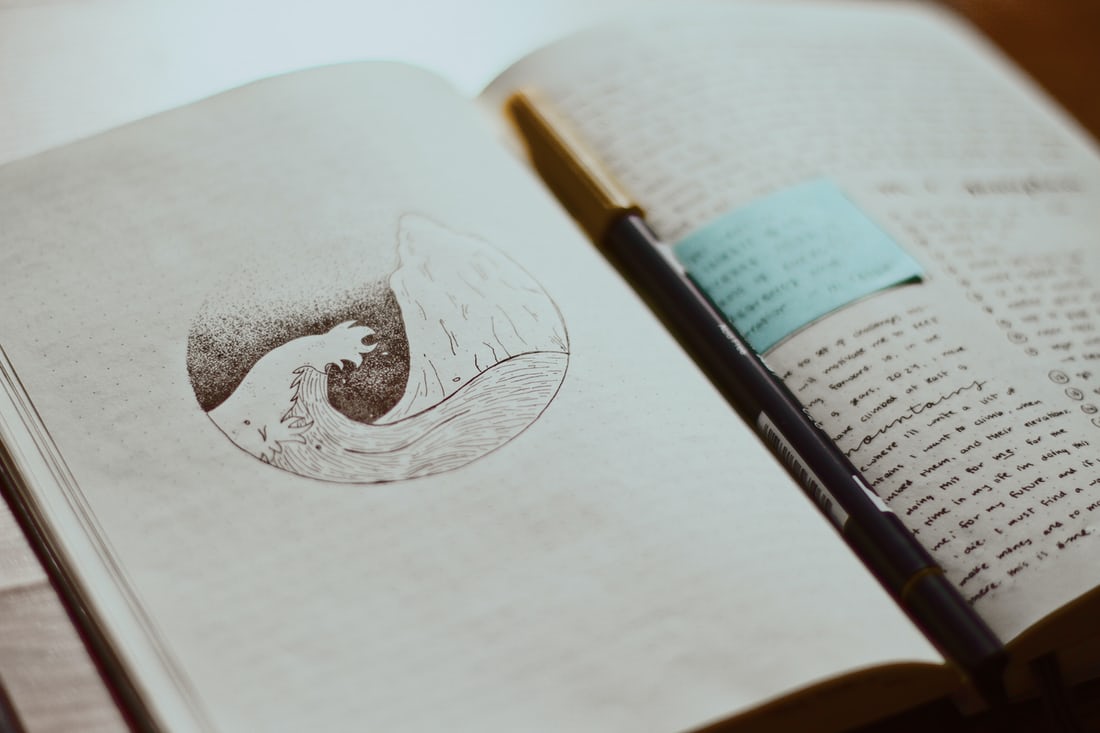
Normally, her pillow would have been the mute recipient of her tears. But re-reading her diary had done something to her. Though the con-call was half an hour away, the office just ten minutes from home. Abruptly, she rushed into the kitchen and feverishly began to pack the food. She would surprise him at the office today. She would be like Goswami Tulsidas, who rowed across the Yamuna, swollen by the rains using a dead body as a float, just to meet his wife.
Before she could be beset by second thoughts, Ira got into the car and drove off. The night watchman on duty knew her because she had attended a couple of parties with Anil before. Before she knew it, she was standing in front of Anil’s office, trembling slightly in trepidation wondering at the kind of reception she would get. The tale of Tulsidas and his wife Ratnavali which had seemed so easy to follow while zooming off into the night, now seemed to carry sinister undertones thanks to the way it ended. How had she forgotten the pathos in it? She had never been this impulsive before.
She swung the door open without knocking so that she did not lose her nerve. The sight which greeted her would be emblazoned in her memory for years to come. Anil and his associate Kavya were locked in an embrace which did not leave much to the imagination. The basket of food fell from her suddenly nerveless fingers with a crash. It was a strange tableau, an abashed Anil, a truculent Kavya and a devastated Ira.
Slowly, silently, she shut the door and walked away, deaf to Anil calling her name, keen to put as much distance as possible between herself and him. The hallmark of her character, the quiet dignified way in which she conducted herself in any and all circumstances now stood her in good stead. Clutching its tattered shreds to herself, she walked out of Anil’s life forever without a single backward glance. The road was long and the wind was cold, but like the old and infirm minstrel, she walked on doggedly, until she was swallowed by the shadows.
**
“May I congratulate you on your brilliant thesis on the early life of Goswami Tulsidas, Ratnavali ji?”, Professor Varma of the Atal Bihar Vajpayee Hindi Vishwavidyalaya, Bhopal hurried up to the reclusive figure standing by herself on the fringes of the hubbub at the high tea following the convocation. “What a novel interpretation of his wife’s thoughts and words which caused such a transformation in him! And what a coincidence that you are called Ratnavali Bharadwaj, just like his wife whose name as you of course know was Ratnavali and whose gotra was Bharadwaj! Fact is stranger than fiction! Ha, ha, ha”, the professor was clearly amused at his own joke. “May I also add that I look forward to welcoming you as an esteemed colleague next month? It goes without saying that our department, not to speak of our students will benefit greatly due to your ideas!”

Dr. Ratnavali Bharadwaj who had just been awarded her doctorate looked up at the clear sky. It was for her thesis on the transformation of Goswami Tulsidas. Her own was now complete. She could see the sea change all around her, best exemplified by the new moon of yesterday transforming to the crescent of today.
Yes, this transformation had not been easy, but like in the story, if Ram-bola, the besotted householder could become Goswami Tulsidas the ascetic, because of the chiding words of his wife, it was only fitting that Ira Sinha, the author of the essay ‘Ratna-Mala’ which talked about the great poet-philosopher and his wife, should become Dr. Ratnavali Bharadwaj, his modern- day female counterpart because of the actions of her husband.
The chrysalis had broken open and the caterpillar soared out as a butterfly. A difficult transformation had been rewarded by bliss, like the saint before her.

